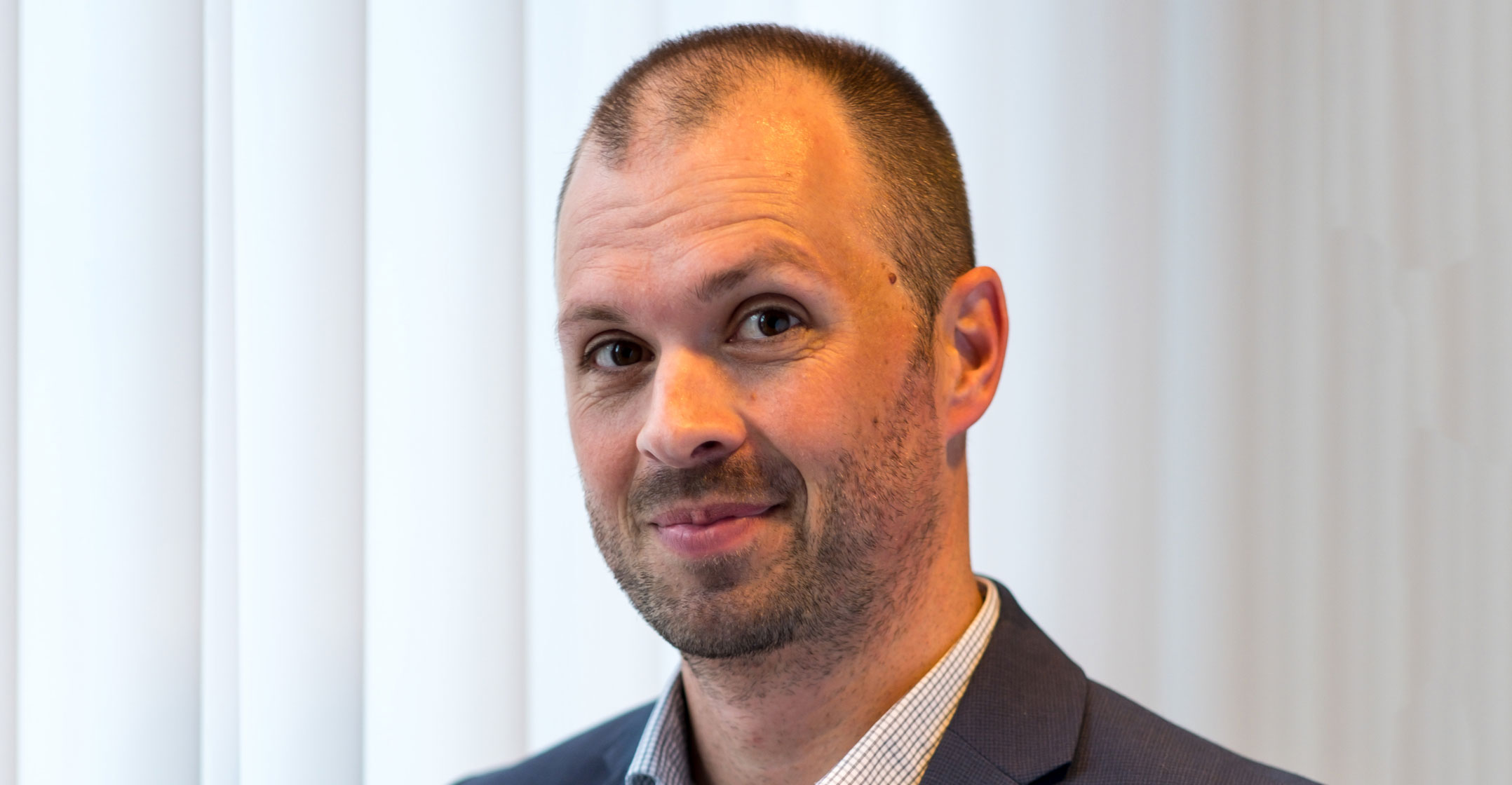
At Radio Days Africa last week, the deputy minister of communications, Pinky Kekana, stressed the benefits and importance of implementing digital radio in South Africa, calling DAB+ “a game changer”.
While the radio industry is gearing up for hearings by communications regulator Icasa into the licensing of digital radio broadcasters, some have concerns. As reported in a recent article on TechCentral, commercial broadcaster Primedia has outlined concerns over the competition from streaming radio over the Internet, the business model for commercial broadcasters and the availability of digital radio receivers.
I’d like to try and address these concerns.
Firstly, why should you invest in DAB+ when you could just use mobile for delivering radio?
While mobile can provide a complementary service to broadcast radio, delivering a comparable service would require a massive investment and there is no business case for mobile operators or broadcasters to fund it.
There are four reasons why mobile is inferior to DAB+ as a distribution platform for radio:
- The infrastructure cost of providing adequate coverage via mobile;
- Cost to listeners (data on the move);
- The risk of gatekeepers; and
- Reliability in emergencies.
Providing DAB+ coverage is much easier and requires significantly lower investment in infrastructure than trying to deliver equivalent coverage for radio via mobile — just a handful of transmitters can deliver DAB+ across wide areas, compared to thousands of sites for 3G or 4G services.
Digital audio broadcasting is also a much more cost-effective way of reaching large numbers of people. Research from the European Broadcasting Union calculated the cost of distributing radio for an “average” European national broadcaster. DAB costs are around US$2-million in capex plus $1-million in opex per year — but if broadcasters switch to Internet distribution, these costs could jump considerably to $9.8-million/year.
For listeners, the data cost could be over R500/month — based on streaming at 64kbit/s for 2.5 hours a day and a price of R250/GB of data. This cost is only for radio and wouldn’t include access to social media or any other services — would listeners be happy to pay that much just for radio?
The risk of gatekeepers is an important one: radio has always been free to access where all services are equal. The net-neutrality debate continues to rumble on, but with Internet distribution there is a serious risk that those with the deepest pockets will create an uneven playing field.
Radio is also reliable — particularly in emergencies — and experience shows mobile and IP networks struggle to cope with high demand. For governments and emergency services, being able to get messages out in times of crisis is essential and IP cannot offer the reliability of broadcast digital radio.
The next concern was over the business model for commercial broadcasters.
Our experience from around the world is that existing commercial players are the winners when going digital — but only if they embrace the opportunity. In the UK, commercial radio has grown audiences and revenues through launching new digital services. Listeners value choice and flock to new, more targeted services, with over 19 million people listening to services that are only available on digital radio — with most of these listening via DAB.
Receivers
Finally, what about receivers, and are they affordable?
Primedia raises an important issue here, and it’s essential that receivers are both easily available and affordable for the successful roll-out of digital radio. Well over 68 million DAB receivers have now been sold around the world, including those in cars. Prices have dropped to R250 and, as more countries roll out digital radio, they continue to fall. There are receivers for all applications and use cases, from battery-powered units for outdoor use to high-end hi-fi separates. In automotive, all major manufacturers offer DAB+ in new vehicles and the price of aftermarket adapters continues to fall. For advanced digital radio markets, the vast majority of new cars are sold with DAB+ as standard.
If radio is to remain relevant and continue to compete against the latest online services, then it must innovate by offering new services and attracting different audiences. IP is an important part of the digital conversation, but it should not be considered a replacement for broadcast radio.
Radio’s strengths are that it is free to air, reliable and a cost-effective way to reach large numbers of people. DAB+ digital radio provides the opportunity for broadcasters to innovate and grow revenue, without compromising on the qualities that people love and value. South Africa’s path to the digitisation of radio will, of course, be unique, but with 42 countries already broadcasting DAB+ services there are lots of experiences to draw on.
- Darren Willsher is communications manager at WorldDAB




